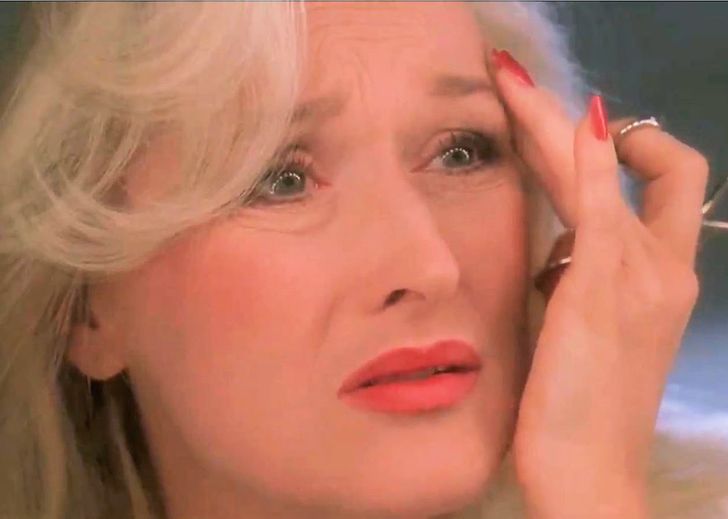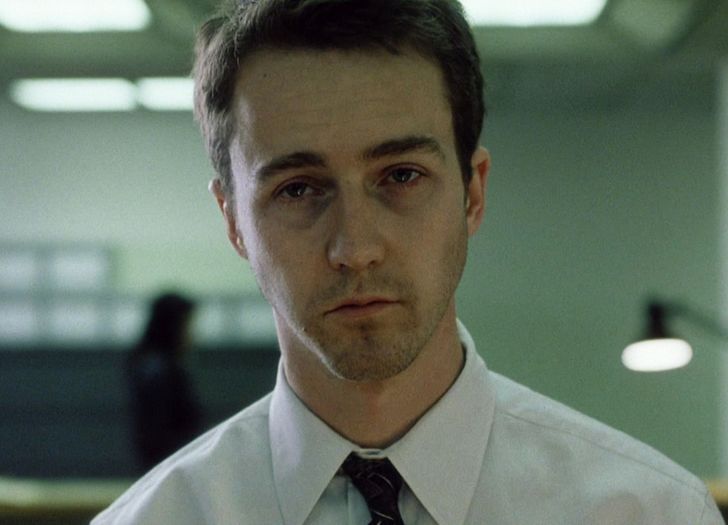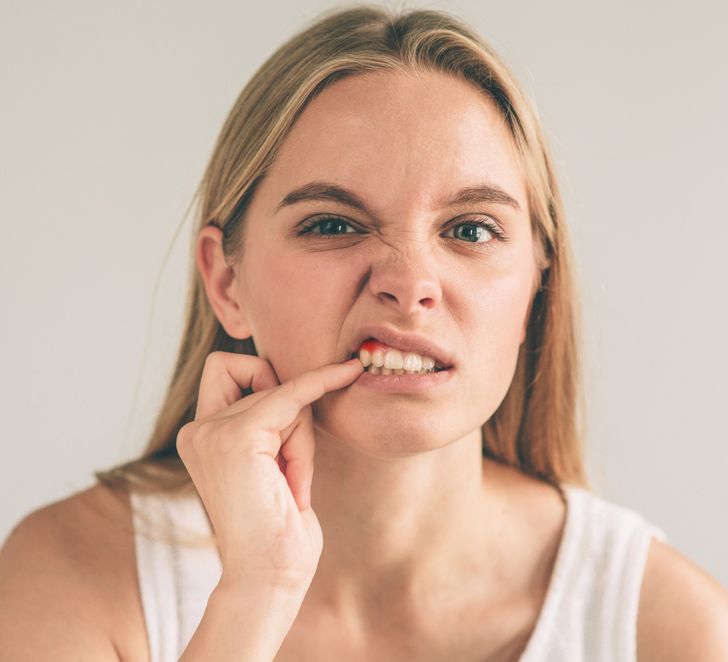The human body is a very complex thing. It contains 60 chemical elements and a perfect ratio of water, protein, fat and minerals. All of this is crucial to our health and sometimes when something is missing, our body signals us so we can fix these things.
We found some of the symptoms of the most common nutritional deficiencies. Look through all of them to check and see if you have any.
Sign Of Nutritional Deficiency
7. Brittle Hair And Nails

This may be due to a protein deficiency. Protein is a huge part of our body. Our bones, muscles, skin, hair, and nails contain protein.
That is why a protein deficiency affects our entire body and can lead to very serious health problems. The first symptoms that we can notice are various problems with the nails, hair and skin.
People who eat meat regularly have very little chance of experiencing these problems.
And remember, there are many vegetarian sources of protein, such as beans, nuts, peas, quinoa, chickpeas, mushrooms, tofu, oatmeal, and other things.
6. Dry Sand Wrinkles

Essential fatty acids, especially omega-6, are very important because they create a barrier on the skin against water loss. If you don’t get enough of it, it can lead to extremely dry skin, which is prone to wrinkles.
Your skin may also become flake, itch, or cracked. Other unpleasant symptoms are dandruff, hair loss, and dry eyes. Those who are on diets and reduce the intake of fats are at risk.
Don’t avoid fatty fish and use high-quality oil if you have any of these problems.
5. Constant Fatigue And Muscle Weakness

These are symptoms of magnesium deficiency. If you feel exhausted even after waking up and are constantly tired and weak, this is a sign that you should include some magnesium rich foods in your daily diet.
The best sources of magnesium are: almonds, peanuts, pumpkin seeds, flax seeds, sunflower seeds, chia seeds, cashews, and cocoa.
4. Acne or Rash

If you are a big fan of processed foods or alcohol, you may one day experience a lack of zinc in your body.
Zinc deficiency affects the entire body and causes problems in the intestines and the immune system. As a result, this can cause allergies and negatively affect the condition of your skin.
Foods rich in zinc are: oysters, meat, lamb, chicken, beans, chickpeas, pumpkin seeds, cashews, mushrooms and spinach. If you do not get enough zinc in your diet, you must take special supplements.
3. Sudden Weight Gain
If you can’t explain your unexpected weight gain, you probably have an iodine deficiency. Iodine is responsible for the production of thyroid hormones that help control your metabolism and when their level is low, your body burns fewer calories and begins to store fat.
There are not many sources in food, but there is a lot of iodine in seaweed, fish (from the sea or ocean), shellfish, dairy products, and iodized salt.
2. Bleeding Gums Or Wounds That Heal Slowly

If you have this problem, you probably have a vitamin C deficiency. It is not very common today, but there are groups of people who are at risks, such as pregnant and breastfeeding women, older people, and smokers.
It is not difficult to get enough vitamin C if you eat a healthy, balanced diet and eat fresh fruits and vegetables. A large orange or half a bell pepper provides a daily dose.
1. Depression

If you feel depressed, especially during the winter months, it can be a sign of vitamin D deficiency. It is very common and mainly affects people who do not get enough sunlight because they live far from the equator or stay home all the time.
Having dark skin and being overweight makes it even more risky.
If you do not have the opportunity to sunbathe, take vitamin supplements and eat foods rich in vitamin D, such as salmon, cod liver, herring, sardines, shrimp, egg yolk, tuna, oysters and mushrooms.
Making a diagnosis may be much more difficult. A symptom can indicate different problems, a few different deficiencies can come together, or one deficiency can cause another.
A healthy diet and a healthy lifestyle are necessary to feel good. Remember, you are what you eat. And instead of fighting the symptoms, try to find and defeat the cause.
Do you know other symptoms of nutritional deficiencies that we have not mentioned and the remedies for them? Share with us in the comments.









Leave a Reply